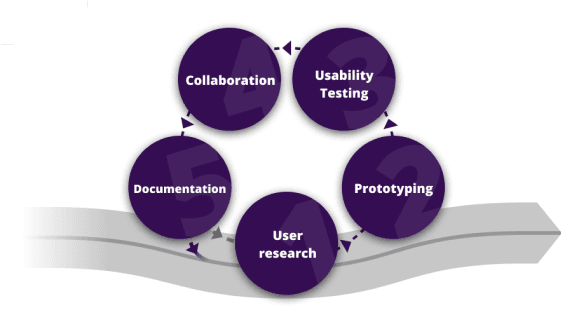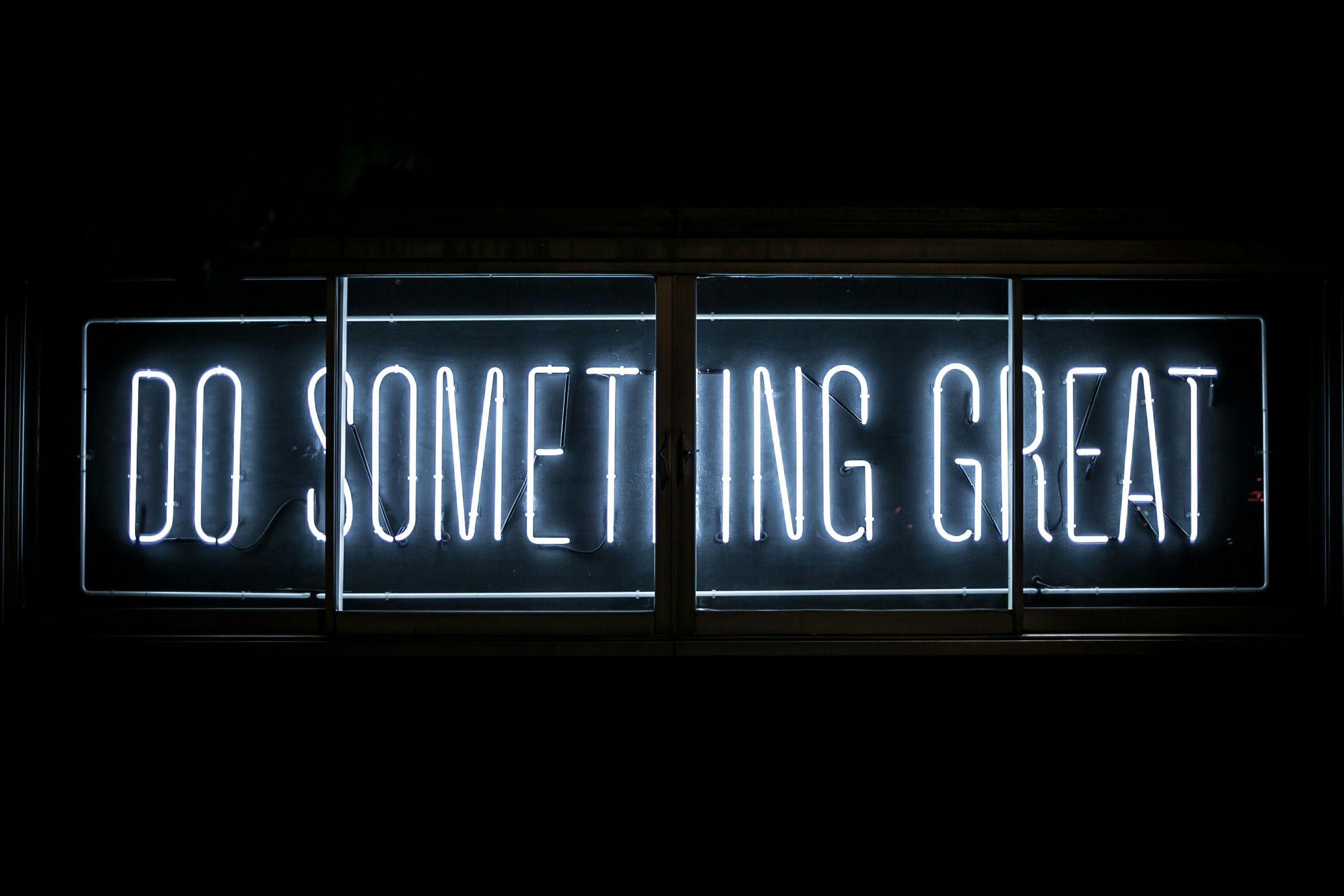In today's fast-paced world of software development, efficiency is key. Companies often rush to jump into the development phase of a project, eager to see their ideas come to life. However, this approach can lead to a common problem: overlooking the crucial aspect of design and discovering user experience issues only during development. In this article, we'll explore why investing in the design phase, particularly in the context of the OutSystems platform, can save time, money, and headaches in the long run.
The OutSystems Advantage
OutSystems is known for its rapid application development capabilities, enabling organizations to create software quickly. While this speed is a significant advantage, it can also amplify the tendency to bypass thorough design.
The Importance of Design
Design isn't just about aesthetics; it's about creating a user-centered experience. Neglecting design can result in user interface (UI) and user experience (UX) issues that may not be apparent until it's too late. Here are some reasons why design should be prioritized:
- User-Centered Solutions: Design helps create solutions that align with user needs and preferences, reducing the likelihood of costly changes during development.
- Efficiency: Well-designed user interfaces make development smoother and faster, as developers have clear guidelines to follow.
- Cost Savings: Fixing design-related issues during development can be expensive and time-consuming. Investing in design upfront reduces these costs.
- Competitive Advantage: Scalability can be a competitive differentiator. In a world where user expectations are constantly rising, a system that can effortlessly grow with user demands can set you apart from the competition.
The Design Phase in OutSystems

OutSystems supports a collaborative approach to design and development. Here's how to incorporate design effectively:
- Define Clear Goals: Start by setting clear objectives for the project. What problem are you solving, and for whom? This guides the design process.
- User Research: Conduct user research to understand your target audience's needs and preferences. Use this information to inform design decisions.
- Prototyping: Create interactive prototypes that allow stakeholders to visualize the user journey and functionality. This step helps identify issues early.
- Usability Testing: Test prototypes with actual users to gather feedback and make iterative improvements.
- Collaboration: Foster collaboration between designers and developers to ensure design choices align with technical feasibility.
- Documentation: Provide developers with detailed design specifications, including wireframes, UI components, and style guides.
The Payoff
Investing in the design phase pays off in several ways:
- Reduced Rework: Fewer design-related changes during development mean less rework and faster time to market.
- Enhanced User Satisfaction: Well-designed applications lead to better user satisfaction and retention.
- Cost Efficiency: Savings from avoiding late-stage design changes can be reinvested in further development or used to address unforeseen issues.

Conclusion
In the world of OutSystems development, where speed and efficiency are paramount, it's essential not to neglect the design phase. Taking the time to invest in user-centered design can prevent costly mistakes, improve the user experience, and ultimately lead to more successful software projects. In the end, a balanced approach that prioritizes design alongside development will yield the best results.
Cover photo by charlesdeluvio on Unsplash